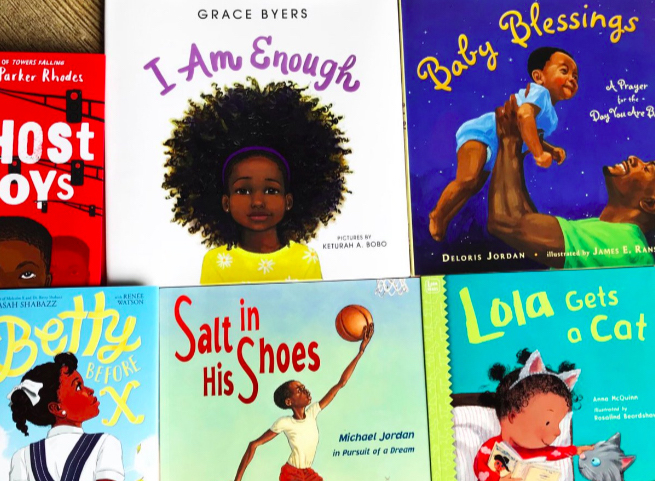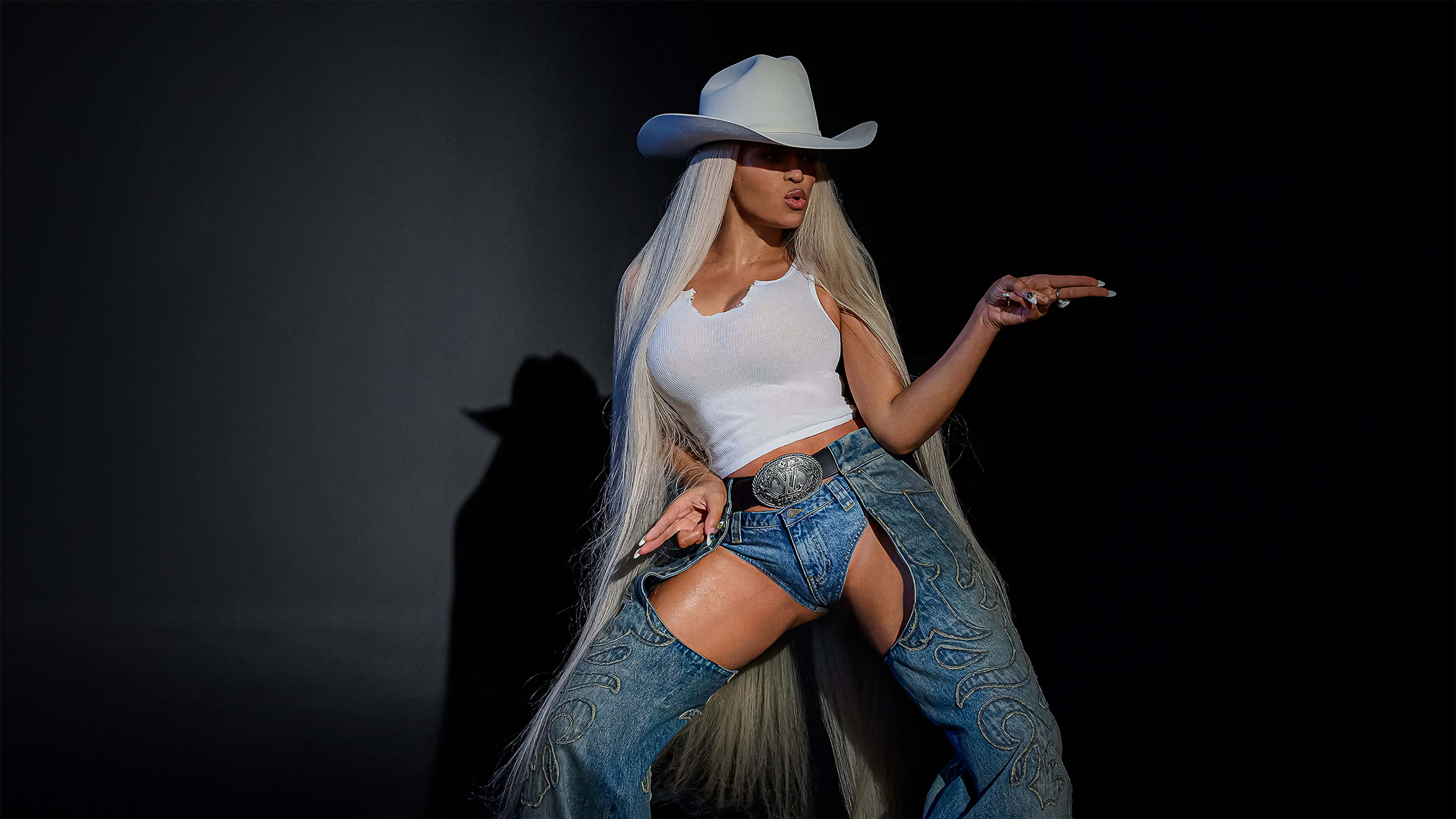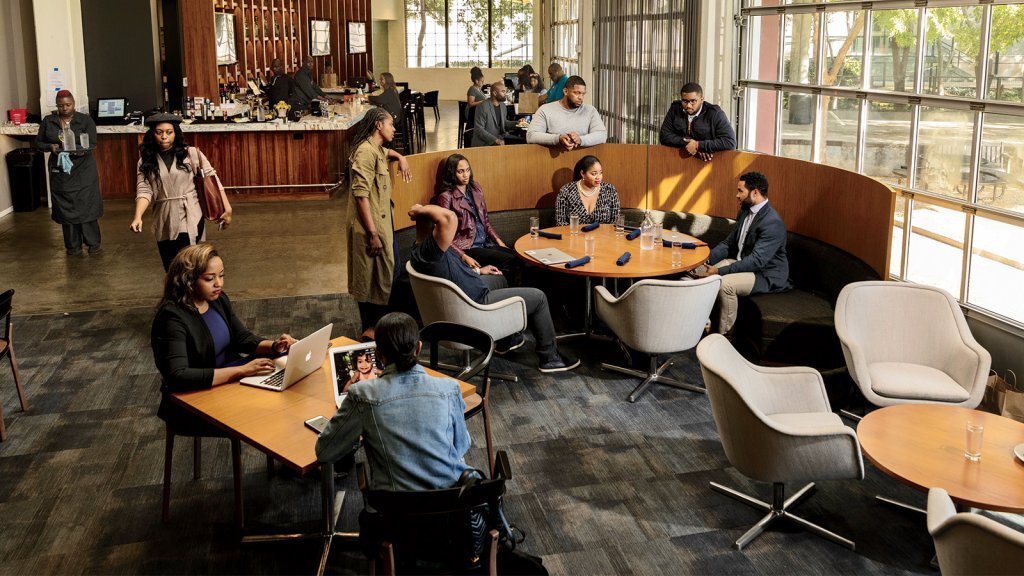By The74
- In education everyone may not be tuned in to their cultural biases
- Black experiences should always be part of our educational discussions
Many parents seek the best schools, the best neighborhoods, and the best opportunities for their children. Cultural identity is crucial, but how do you spot it in your child’s classroom and what do you do when it’s not there?

Why This Matters: Black parents typically have to ask themselves a myriad of extra questions when it comes to their child’s education, especially when it’s clear that our the kid will be the minority in the group. Some of them focus on how will this opportunity, place, or person impact my children’s cultural identity? Will examples or samples that look like my children show up in the learning and/or experiences? If so, how? And is this culturally affirming?
In education everyone may not be tuned in to their cultural biases that preclude them from automatically considering whether the lessons being taught are inclusive of diversity
In education everyone may not be tuned in to their cultural biases that preclude them from automatically considering whether the lessons being taught are inclusive of diversity. Parents can be a resource for teachers who may be so culturally unaware that they believe that waiting until February to celebrate black history is OK, and Latino heritages can only be celebrated in September.
Situational Awareness: Black experiences should always be part of our educational discussions even if we have to be the ones to lead it. Parents should be bold in the pursuit of ensuring their black culture and identity show up in simple things like posters on the wall, lessons of the day, examples of work and class projects.
CBx Vibe: “OSOM” Jay Rock Feat. J.Cole









